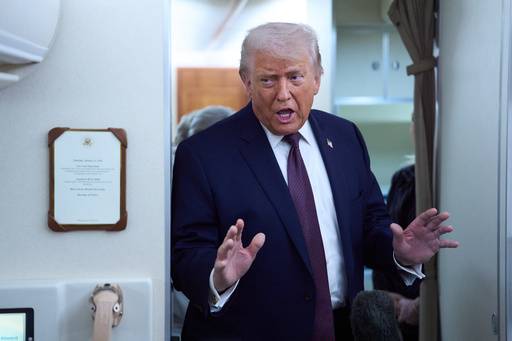Filipinos outgrow Axie Infinity as crypto wealth surges

Filipino traders are among the wealthiest in the world in terms of cryptocurrency holdings, according to a study by global wealth migration platform Multipolitan, proving the Philippines’ increasing interest in this alternative form of investment.
In its Crypto Report 2025, Multipolitan noted the Philippines ranked 20th for crypto wealth concentration, with owners each holding at least $14,194.46, or roughly equal to over P790,000.
Singapore remains the leader among Southeast Asian countries, ranking 5th overall, with each crypto owner holding $85,536.63. Malaysia sat at 18th with $20,895.49 for every owner, followed by Vietnam ranked 19th, with each trader owning $16,681.28.
Slovenia was the global leader with crypto owners holding $240,460.17 each on average. It was followed by Cyprus with $174,972.89 and Hong Kong with $97,531.40. South Korea ranked fourth with $94,827.77.
‘Borderless’
“Crypto wealth no longer belongs exclusively to traditional finance capitals like New York, London, or Singapore. It’s borderless, fluid and finding new homes wherever innovation and clarity converge,” the report noted.
In the Philippines, Multipolitan said the wide adoption of these digital assets could be attributed to the once-popular play-to-earn game Axie Infinity.
“Axie Infinity in the Philippines became a lifeline for thousands of gamers looking to earn income through play-to-earn mechanics,” the report said.
At one point, Filipinos made up about 40 percent of the game’s player base. During the pandemic, its token price shot up by as much as P20, but it slowly went down due to oversupply. It now only costs a few centavos.
According to a survey by blockchain company Consensys, about 96 percent of Filipinos are familiar with cryptocurrencies. However, only less than half fully grasp what these digital assets are.
In a separate survey conducted by data analytics group YouGov, 52 percent of Philippine respondents bought cryptocurrencies like Bitcoin and Ether (the crypto used in the Ethereum platform) in 2024. The latest figure for the Philippines showed an increase in crypto ownership from 45 percent in 2023.
In 2024, the Securities and Exchange Commission drafted guidelines that crypto asset services providers (CASPs) must follow to ensure the protection of consumers amid the proliferation of fraudulent transactions and lack of regulatory frameworks.
CASPs, such as Coins.ph and Binance, are entities offering or engaging in the provision of one or more crypto asset services. Binance, probably the most famous platform, was banned in the Philippines in March last year for operating without a requisite license.





















